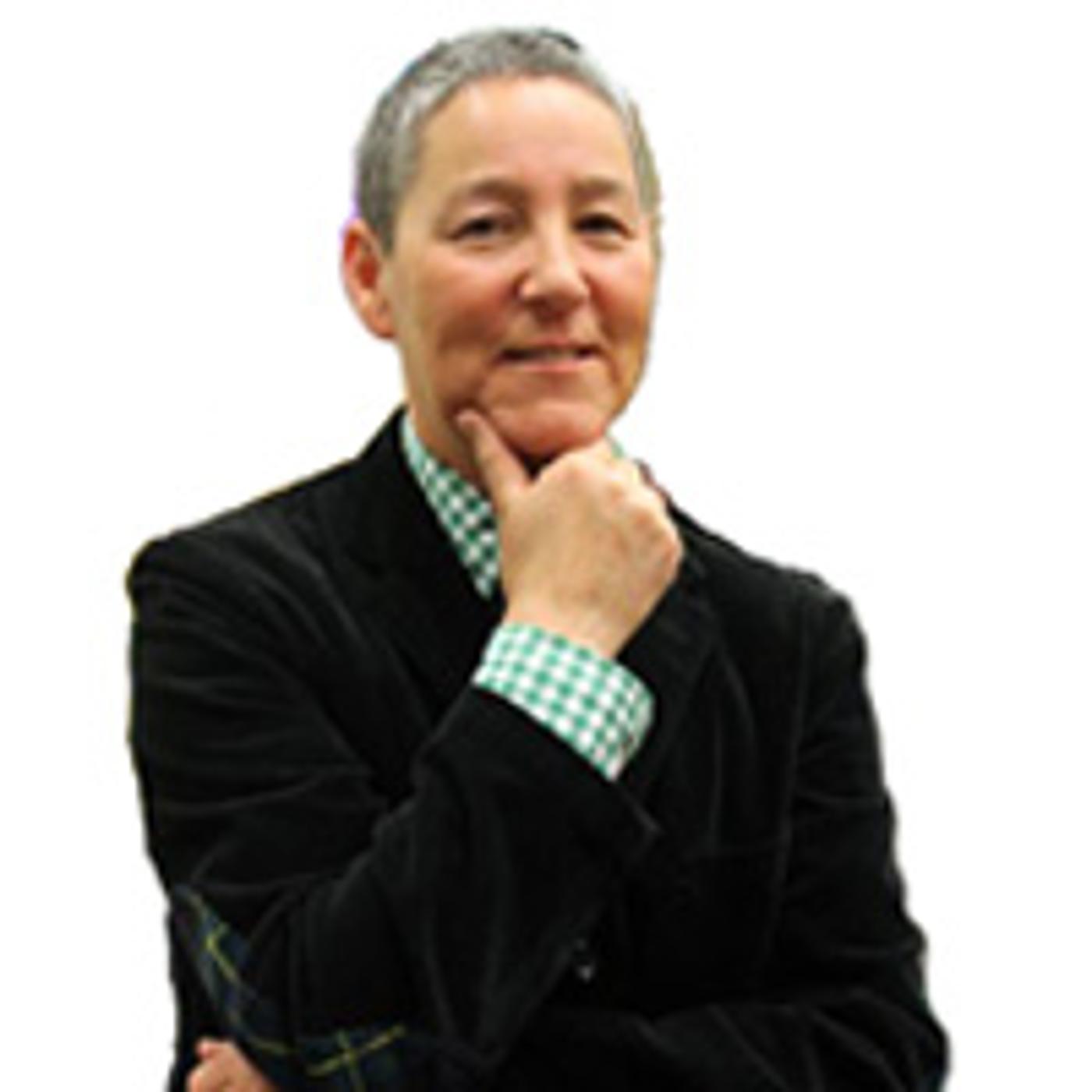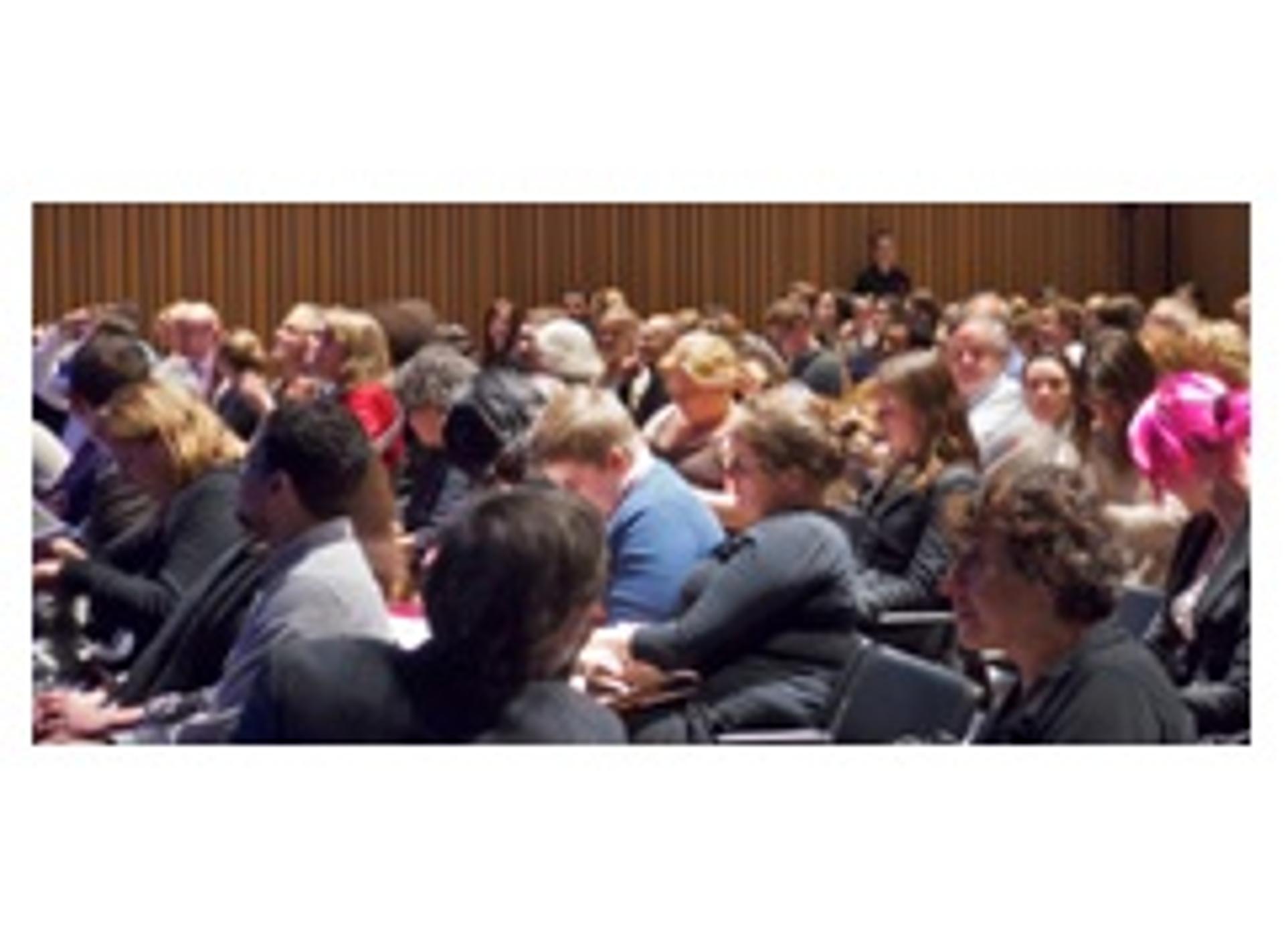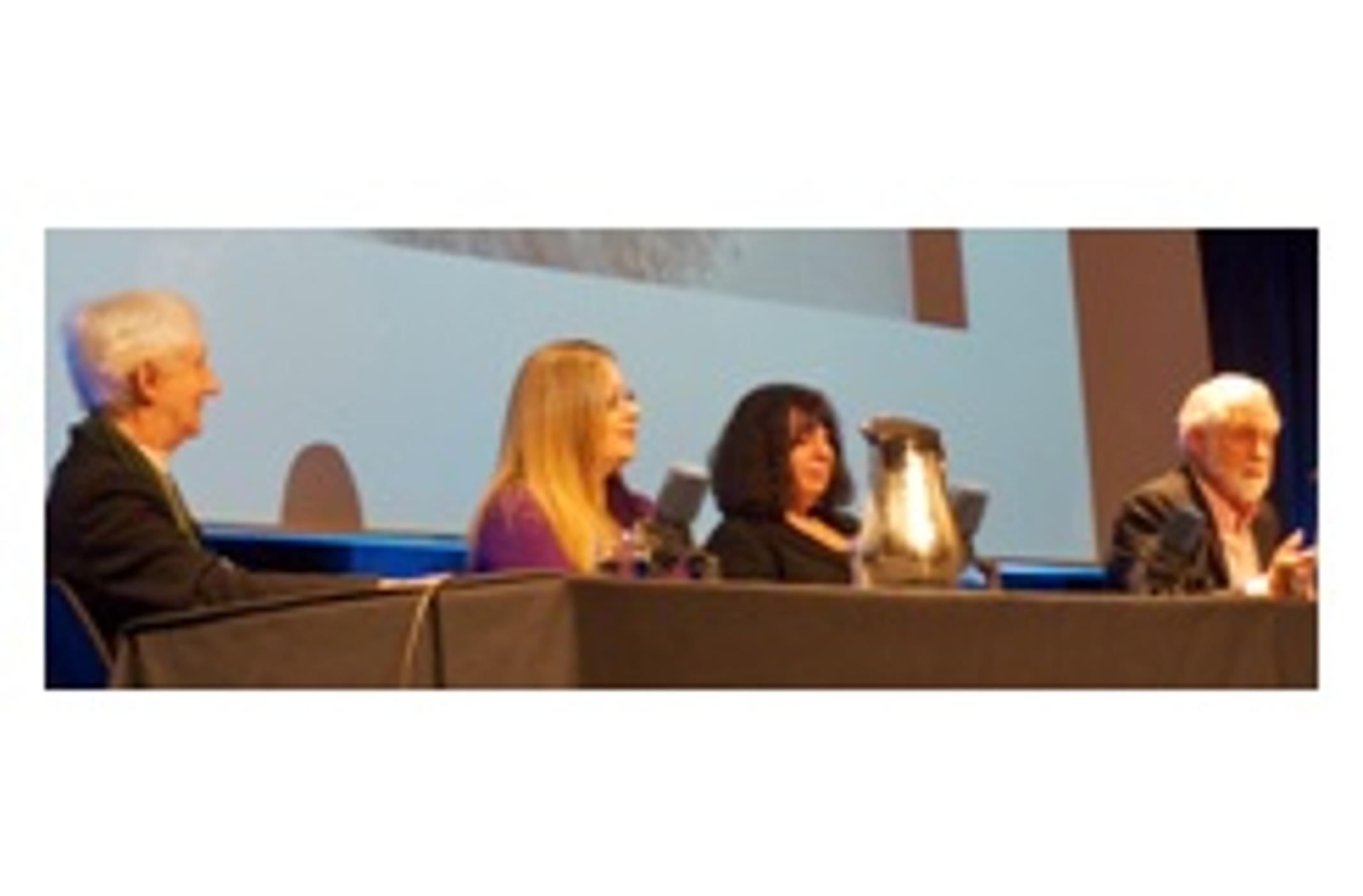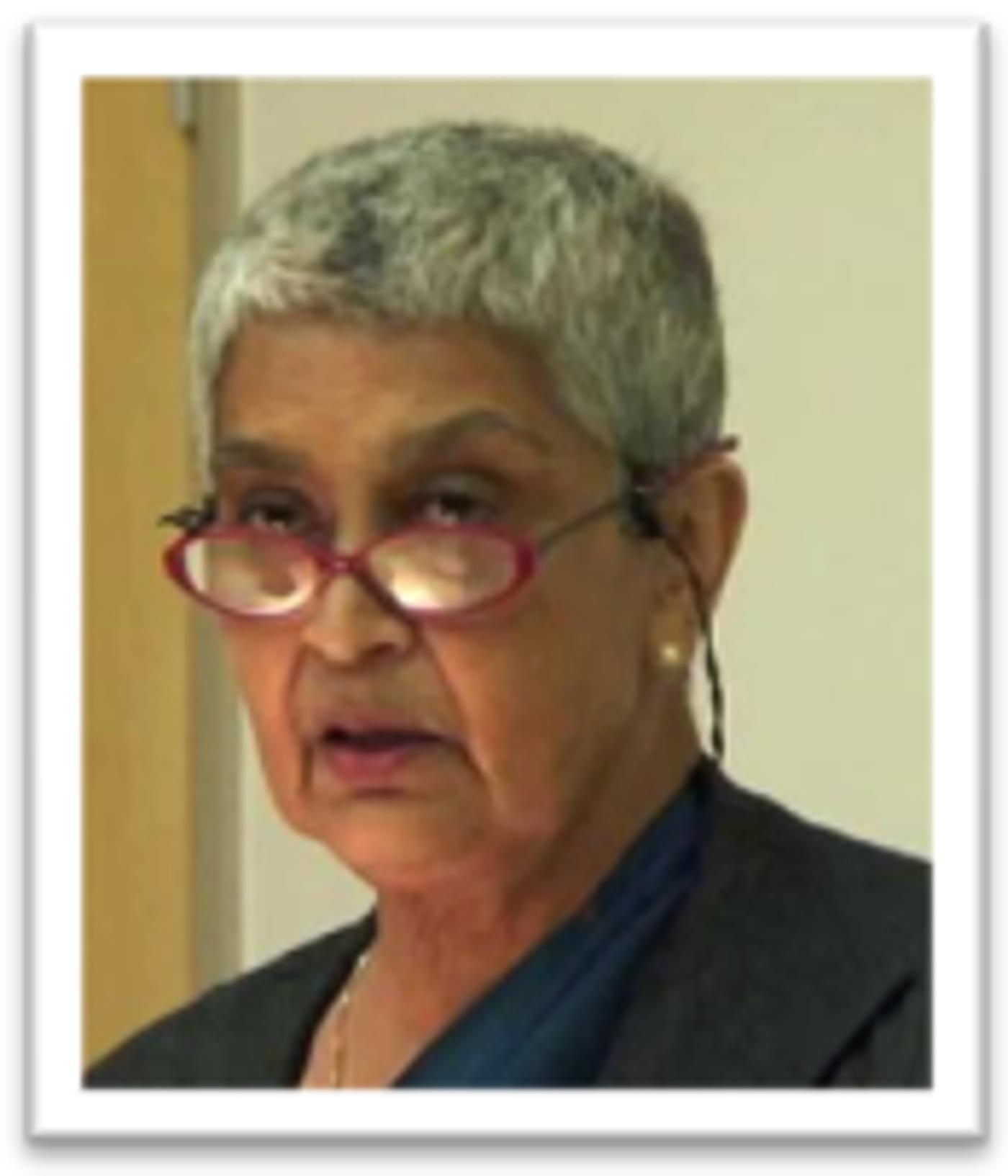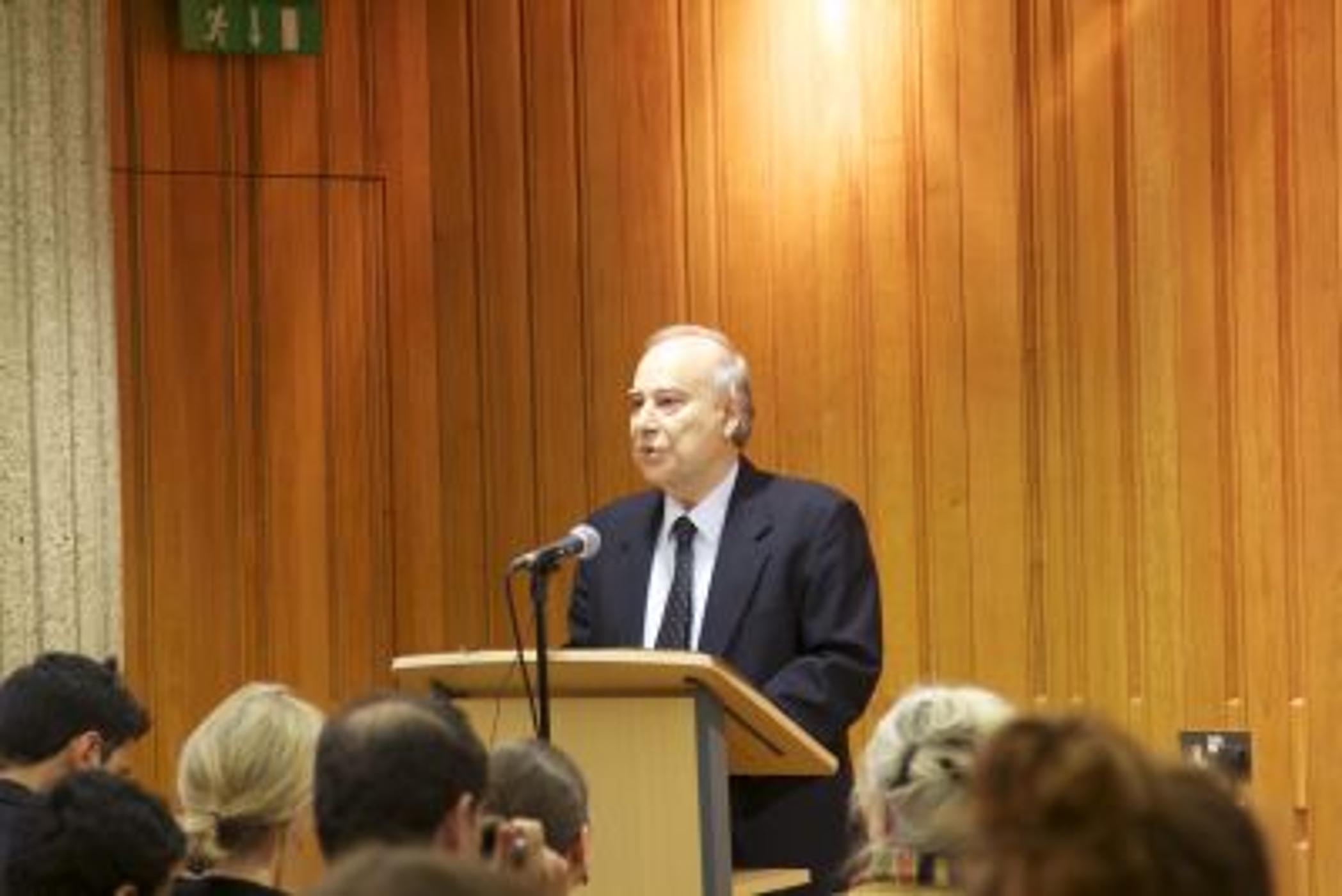Willful Women: Feminism and the History of Will
Update: 2013-03-08
Description
Will and Willfulness
Background of the Project
What does it mean to attribute someone as willful? What are we doing if we are being willful? I became interested in the question of willfulness when writing my recent book The Promise of Happiness (2010). One of the figures I explore in this book is that of the feminist killjoy. She appears as the one who is always "getting in the way" of the happiness of others. I began to notice a connection between this figure of the feminist killjoy and the charge of willfulness. I wrote in a footnote: "Writing this book on happiness has sparked my interest in theorizing the sociality of will, and the ways in which people are described as willful insofar as they will 'too much,' or too little, or in 'the wrong way'"(p.245). My interest in willfulness also derived from my reading of nineteenth century women's writing: novels such as George Eliot's The Mill on the Floss and Charlotte Bronte's Jane Eyre show how female characters become aware of injustice in part by becoming aware of the injustice of being attributed as willful. The acquisition of an independent female will often leads in narrative terms to the charge of willfulness. This research project in investigating willfulness thus also reflects on the role of will in feminist consciousness as well as the gendering of the will.
The initial starting point for this research was to consider how the attribution of willfulness makes some subjects into "problems." I assumed, given this, that I would find a strict and moral differentiation between the will and willfulness. However, reading the history of the will as an idea has taught me that the problem of willfulness relates directly to the problem of will. The history of will could even be thought of as a willful history, a history of the wayward, of the wandering, and of the deviant. Associated by Lucretius with swerving atoms, by Augustine with sin, by Descartes with error, the will is often assumed to be already willful in advance of becoming will. Willfulness comes up as that which must be eliminated from the will. If the story of will and willfulness is one of differentiation then the story is also one of proximity. In the project I thus ask what willfulness is doing by reflecting on the distinction between will and willfulness, however unstable, as well as the related distinctions between the good will and bad will (or ill will), and the general and particular will.
Methodology of the Study
In this project I investigate willfulness both as an attribution and an experience of an attribution. My research method involves "following willfulness around" tracking where and how the willful subject appears in a range of texts (see below for further description). My method is not simply to ask "what is willfulness doing?" but also to ask "where is willfulness?" and "when is willfulness?" We learn from the timing and location of the appearance of the willful subject. One definition of willfulness is: "asserting or disposed to assert one's own will against, persuasion, construction or command; governed by will without regard to reason; determined to take one's own way; obstinately self-willed or perverse" (OED). The willful character insists on willing their own way, without reference to reason or command. Willfulness could be described as a character perversion: to be willful is to deviate; to will one's own way is to will the wrong way. I explore what willfulness is doing as a moral diagnosis. In particular, this book explores the relationship between dissent, disobedience and the attribution of willfulness.
My method is to offer close readings of will and wilfulness within an interdisciplinary archive, including the following three bodies of material:
Education and the Will:
This research focuses on the emergence of an "education of the will." The materials I bring together are largely drawn from educational treatises and educational philosophy (including texts by John Locke, Jean-Jacques Rousseau and James Mill); children's literature and folklore (for example the Grimm fable, "The Willful Child"); as well as self-help literatures (in the twentieth century the moral faculty of the will is transformed into "willpower"). I explore the emergence of the categories of "will pathology" and "weakness of the will." I also consider how virtues become defined as "habits of the will." Not only does it become a habit to will (to exercise, as it were, the muscle of the voluntary), but through habit, it is assumed the will can be directed in the right way, towards the right ends.
Literature and the Will:
Debates about moral education and the will had considerable influence on nineteenth century literature. I analyze how the language of will is exercised in the development of fictional character with particular reference to the work of George Eliot. Eliot could be described as a novelist of the will and creates a moral landscape in which strength and weakness of will are key features. She also offers us a way of thinking about the gendering of the will, emotion and the will, and the relationship between will and social conformity.
Theology and the Will:
It is has been argued that the idea of the will as an independent power comes into existence with Augustine and the Christian ethics of interiority. The research considers how "the will" becomes a moral problem in Christian theology, with specific reference to the work of Augustine, Kempis, Pascal and Kant. One of my key concerns is with the distinction between the particular and the general will, and how this distinction is transformed from a theological to a secular idea. The particular/general distinction provides the basis for a social distinction. The willful part is the part that does not submit its will to the will of the whole.
Aim of the Study:
My broader aim in this research is to offer a feminist theory of the will through attending to willful subjects. We might note that recent feminist theoretical work has not involved a sustained or systematic engagement with the topic of "the will," perhaps because "the will" is associated with a rational autonomous human subject that has itself been the subject of feminist critique. This research asks: what happens to the will if it is no longer assumed to belong to this subject? A particular aim of the study will be to investigate the relationship between will and force as well as to attend to the sociality of the will and what I call "conditional will," when we make our will conditional on the will of others. By approaching the will in this way the project revisits some key feminist writing on the relationship between subjection and freedom such as the work of Lauren Berlant and Judith Butler. The project also considers how willfulness has been "practically claimed" in queer, anti-racist and feminist activism without assuming that such claims offer a stable or unifying political ground.
Professor Sara Ahmed
Background of the Project
What does it mean to attribute someone as willful? What are we doing if we are being willful? I became interested in the question of willfulness when writing my recent book The Promise of Happiness (2010). One of the figures I explore in this book is that of the feminist killjoy. She appears as the one who is always "getting in the way" of the happiness of others. I began to notice a connection between this figure of the feminist killjoy and the charge of willfulness. I wrote in a footnote: "Writing this book on happiness has sparked my interest in theorizing the sociality of will, and the ways in which people are described as willful insofar as they will 'too much,' or too little, or in 'the wrong way'"(p.245). My interest in willfulness also derived from my reading of nineteenth century women's writing: novels such as George Eliot's The Mill on the Floss and Charlotte Bronte's Jane Eyre show how female characters become aware of injustice in part by becoming aware of the injustice of being attributed as willful. The acquisition of an independent female will often leads in narrative terms to the charge of willfulness. This research project in investigating willfulness thus also reflects on the role of will in feminist consciousness as well as the gendering of the will.
The initial starting point for this research was to consider how the attribution of willfulness makes some subjects into "problems." I assumed, given this, that I would find a strict and moral differentiation between the will and willfulness. However, reading the history of the will as an idea has taught me that the problem of willfulness relates directly to the problem of will. The history of will could even be thought of as a willful history, a history of the wayward, of the wandering, and of the deviant. Associated by Lucretius with swerving atoms, by Augustine with sin, by Descartes with error, the will is often assumed to be already willful in advance of becoming will. Willfulness comes up as that which must be eliminated from the will. If the story of will and willfulness is one of differentiation then the story is also one of proximity. In the project I thus ask what willfulness is doing by reflecting on the distinction between will and willfulness, however unstable, as well as the related distinctions between the good will and bad will (or ill will), and the general and particular will.
Methodology of the Study
In this project I investigate willfulness both as an attribution and an experience of an attribution. My research method involves "following willfulness around" tracking where and how the willful subject appears in a range of texts (see below for further description). My method is not simply to ask "what is willfulness doing?" but also to ask "where is willfulness?" and "when is willfulness?" We learn from the timing and location of the appearance of the willful subject. One definition of willfulness is: "asserting or disposed to assert one's own will against, persuasion, construction or command; governed by will without regard to reason; determined to take one's own way; obstinately self-willed or perverse" (OED). The willful character insists on willing their own way, without reference to reason or command. Willfulness could be described as a character perversion: to be willful is to deviate; to will one's own way is to will the wrong way. I explore what willfulness is doing as a moral diagnosis. In particular, this book explores the relationship between dissent, disobedience and the attribution of willfulness.
My method is to offer close readings of will and wilfulness within an interdisciplinary archive, including the following three bodies of material:
Education and the Will:
This research focuses on the emergence of an "education of the will." The materials I bring together are largely drawn from educational treatises and educational philosophy (including texts by John Locke, Jean-Jacques Rousseau and James Mill); children's literature and folklore (for example the Grimm fable, "The Willful Child"); as well as self-help literatures (in the twentieth century the moral faculty of the will is transformed into "willpower"). I explore the emergence of the categories of "will pathology" and "weakness of the will." I also consider how virtues become defined as "habits of the will." Not only does it become a habit to will (to exercise, as it were, the muscle of the voluntary), but through habit, it is assumed the will can be directed in the right way, towards the right ends.
Literature and the Will:
Debates about moral education and the will had considerable influence on nineteenth century literature. I analyze how the language of will is exercised in the development of fictional character with particular reference to the work of George Eliot. Eliot could be described as a novelist of the will and creates a moral landscape in which strength and weakness of will are key features. She also offers us a way of thinking about the gendering of the will, emotion and the will, and the relationship between will and social conformity.
Theology and the Will:
It is has been argued that the idea of the will as an independent power comes into existence with Augustine and the Christian ethics of interiority. The research considers how "the will" becomes a moral problem in Christian theology, with specific reference to the work of Augustine, Kempis, Pascal and Kant. One of my key concerns is with the distinction between the particular and the general will, and how this distinction is transformed from a theological to a secular idea. The particular/general distinction provides the basis for a social distinction. The willful part is the part that does not submit its will to the will of the whole.
Aim of the Study:
My broader aim in this research is to offer a feminist theory of the will through attending to willful subjects. We might note that recent feminist theoretical work has not involved a sustained or systematic engagement with the topic of "the will," perhaps because "the will" is associated with a rational autonomous human subject that has itself been the subject of feminist critique. This research asks: what happens to the will if it is no longer assumed to belong to this subject? A particular aim of the study will be to investigate the relationship between will and force as well as to attend to the sociality of the will and what I call "conditional will," when we make our will conditional on the will of others. By approaching the will in this way the project revisits some key feminist writing on the relationship between subjection and freedom such as the work of Lauren Berlant and Judith Butler. The project also considers how willfulness has been "practically claimed" in queer, anti-racist and feminist activism without assuming that such claims offer a stable or unifying political ground.
Professor Sara Ahmed
Comments
In Channel


